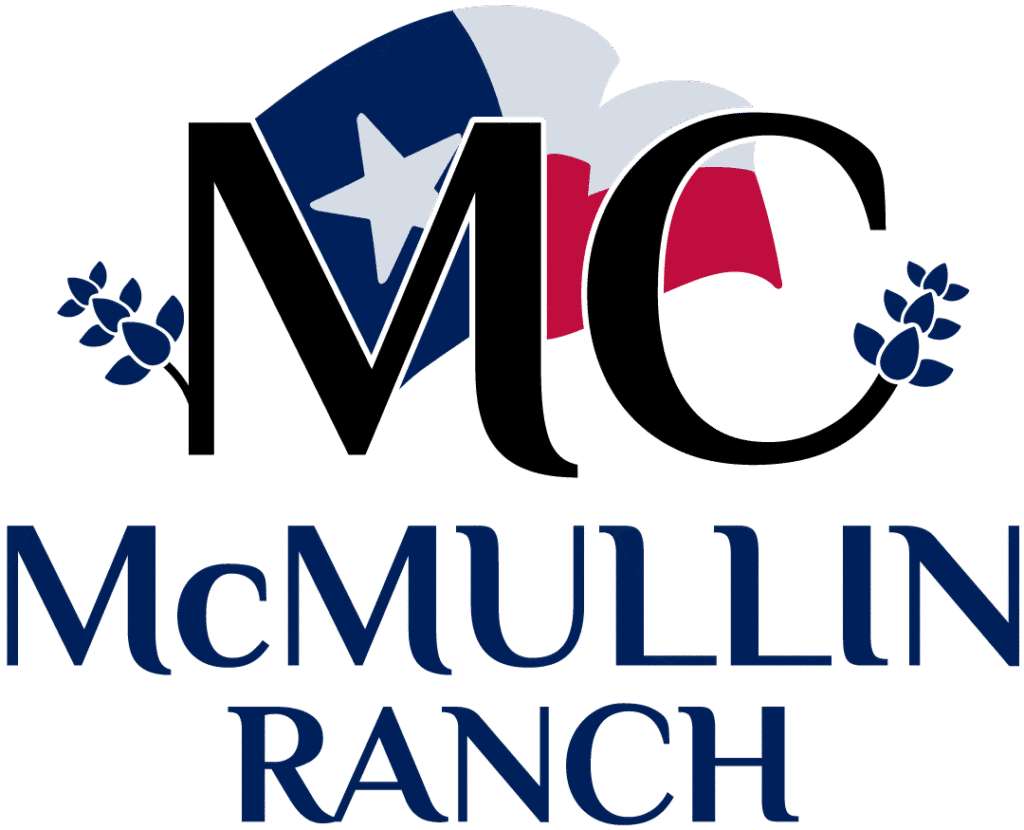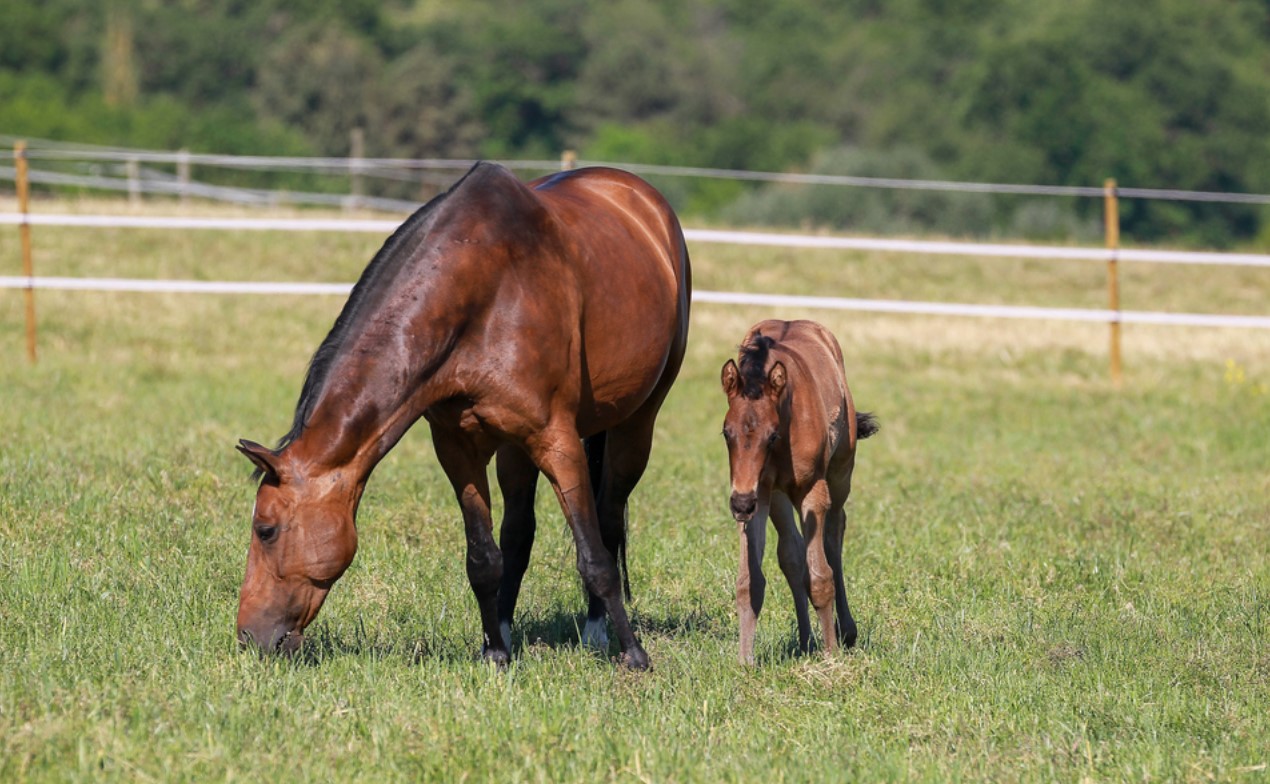If you are thinking about buying a performance horse, one of the first things you will hear is the word ‘bloodline.’ It is not just horse-talk at sales barns or rodeos.
Bloodline plays a real role in determining how a horse behaves, performs, and competes. From barrel racing to ranch work, knowing your horse’s lineage can help you make a smarter investment.
Let’s explore what bloodlines are and why they matter when choosing a performance horse.
What Is a Horse’s Bloodline?
A horse’s bloodline refers to its pedigree. That includes its parents, grandparents, and earlier generations.
This recorded lineage helps predict traits such as conformation, speed, temperament, and trainability.
Think of it like a family tree for horses. Just as some people inherit athletic ability or personality traits from their parents, horses can inherit performance qualities from their ancestors.
Why Bloodlines Are Important for Performance Horses
Predicting Talent
Certain horse families are known for excelling in specific disciplines. For example, some bloodlines consistently produce top cutting horses, while others are recognized for reining or barrel racing. These patterns show up in multiple generations, which is why buyers and breeders rely on them.
Physical Traits
Bloodlines often determine structure and build. Horses bred for performance tend to have strong backs, clean legs, and powerful hindquarters.
These features improve balance and speed, which are significant in sports like barrel racing or team roping.
Behavior and Temperament
A good mind is just as important as a strong body. Some bloodlines are known for their calm, willing attitudes. Others produce high-energy horses that require experienced riders.
Choosing the right temperament helps ensure a better fit between rider and horse.
Performance History
A horse that comes from a family of champions is more likely to follow the same path. For example, if the sire and dam were successful in rodeo events, their offspring will probably show similar promise.
Texas-Favorite Bloodlines
In Texas, we love our Quarter Horses, Thoroughbreds, and even Paint Horses, all of which have well-documented bloodlines tied to performance.
- Quarter Horses: Look for names like “Smart Little Lena,” “Dual Pep,” or “Dash For Cash.” These lines are legendary in reining, cutting, and barrel racing.
- Thoroughbreds: Used both for racing and crossing with other breeds to boost stamina and stride.
- Paint Horses: Known for versatility, many carry similar lines to great Quarter Horses.
If you want to know which breed is better for finding top performance horses, check out our guide: Quarter Horse vs. Thoroughbred: Which One Is Right for You?
Beyond the Pedigree
Bloodlines are important, but they’re not everything. Here’s why:
- Training Still Matters: A well-bred horse still needs consistent training and handling to reach its potential.
- Health and Vet Records Count: Even the best bloodlines can’t override poor health or soundness issues.
- Temperament Needs to Fit You: Just because a horse comes from a hot-shot family doesn’t mean they’re the right match for every rider.
In other words, use bloodline as a factor to consider, not your sole decision-making point.
Value and Resale
Bloodlines also impact value. Horses from well-known families tend to sell for more and may hold their value better.
If you plan to breed later, pedigree becomes even more important. Buyers want offspring from proven bloodlines, so having that paperwork adds long-term benefit.
Even if you do not plan to sell or breed, a good pedigree gives peace of mind. It shows the horse came from a line with the qualities needed to succeed.
Tips for Buyers
If you’re buying a horse around the state, here are smart steps to take:
Ask About Lineage: Don’t be shy; ask sellers or breeders to walk you through the horse’s pedigree.
Check Performance Records: Has the sire or dam competed successfully? Have their other foals shown potential?
Watch Full Siblings Work: If the horse has older siblings, watching them perform can give you clues.
Balance Bloodline With Budget: High-end pedigrees can cost more. Make sure you’re getting real value, not just a fancy name.
Conclusion
Bloodlines give you insight into what your horse might be able to do. They help predict behavior, ability, and even how easy a horse will be to train. While they are not the only thing to consider, they are a powerful part of the puzzle.
If you are looking to buy a horse that is bred to perform, trust the experience and honesty of McMullin Ranch. Our knowledge of Texas bloodlines and performance horses will make your buying journey smoother and smarter.
What are you waiting for? Contact us now and get connected with one of our horse experts.
FAQs
Do bloodlines affect horse prices?
Yes. Horses with well-known, successful bloodlines usually sell for more because they carry genetic potential for success in competition and breeding.
What if I want a horse for ranch work, not competition?
Bloodlines still matter. Ranch horses benefit from traits like stamina, sound minds, and versatility, traits that also run in specific families.
Where can I check a horse’s bloodline?
Use resources like AQHA or breed registry databases. Breeders and sellers can also explain pedigrees and help identify useful traits.

